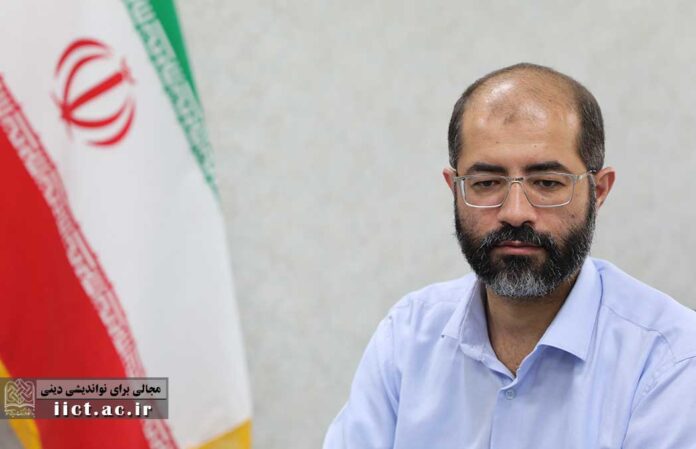Written by Mehdi Jamshidi, Faculty Member of the Department of Cultural Studies at the Research Institute for Islamic Culture and Thought, on the occasion of the National Conference on the Philosophy of Culture, emphasizing the views of Ayatollah Khamenei.
- The leader of the revolution is rightly considered a Quranic thinker, and this aspect of his intellectual source is considered prominent and key. However, it is not true that he is unfamiliar with philosophical thinking. If we understand the essence of philosophy to be “rational contemplation” (Tafalsuf) , then it is clear that we must consider this method and logic as central and prominent in his discourses. Especially when dealing with emerging issues, Ayatollah Khamenei, while focusing on traditional sources, never neglects the fundamental role of rational principles. Therefore, he cannot be considered simply a traditional or inward-looking thinker. He has managed to achieve a balanced synthesis of reason and tradition in his intellectual framework, employing both sources of knowledge in a logical and harmonious way. It is in this context that we can refer to the philosophy of culture and its issues as part of his thinking and seek answers from it. This stands in contrast to traditionalism (Akhabri school of thought) and textual thinking, which present a narrow and limited view of religious sources.
- One of Ayatollah Khamenei’s virtues in the philosophy of culture is his ability to extend philosophical rationality and approach the philosophical discipline. There are those who, despite their interest in the philosophy of culture, have not been able to move beyond the realm of absolute philosophy and find its extensions and continuations in the philosophical discipline. Such an approach causes stagnation in abstract and distant premises, leading to boredom. Furthermore, it has led some to believe that Islamic philosophy cannot be extended from its high and general realm to more specific and constrained domains, making it seem impotent in dealing with specific and concrete existences. It is clear that this is not the case, and such shortcomings are the result of intellectuals who lack the ability to translate and transform Islamic philosophy. Thinkers like Murtada Mutahhari and Muhammad Taqi Misbah have shown that Islamic philosophy can be pursued and extended to more concrete and practical levels. The challenge lies in finding how Islamic philosophy can indicate and apply itself, and we are unfamiliar with the logic and mechanisms of this intellectual endeavor.
3.One of the areas that led Ayatollah Khamenei to engage in philosophical thinking related to the philosophy of culture, was his immersion in the realities of governance and society. Specifically, after the revolution, he found himself at the center of ongoing social and political transformations, facing questions that emerged from the external, tangible, and structural aspects of Islamic thought. He had to demonstrate what the tangible and external manifestation of Islamic thought was and how to counter the modern order with a religious order. This engagement was highly productive and influential, prompting him to shift from the mind to reality and from absolute principles to new principles (philosophical discipline). Those who lacked lived experience remained fixated on abstract, scholastic discussions and generalities, remaining detached from the historical necessities of the post-revolutionary era. Experiences and realities such as the Islamic Revolution, the Cultural Revolution, Islamic humanities, Islamic universities, cultural invasion, media and narrative, religious cultural policy, cultural engineering, and religious democracy were all highly productive and stimulating, providing the grounds and conditions for creative reasoning in the field of culture.




